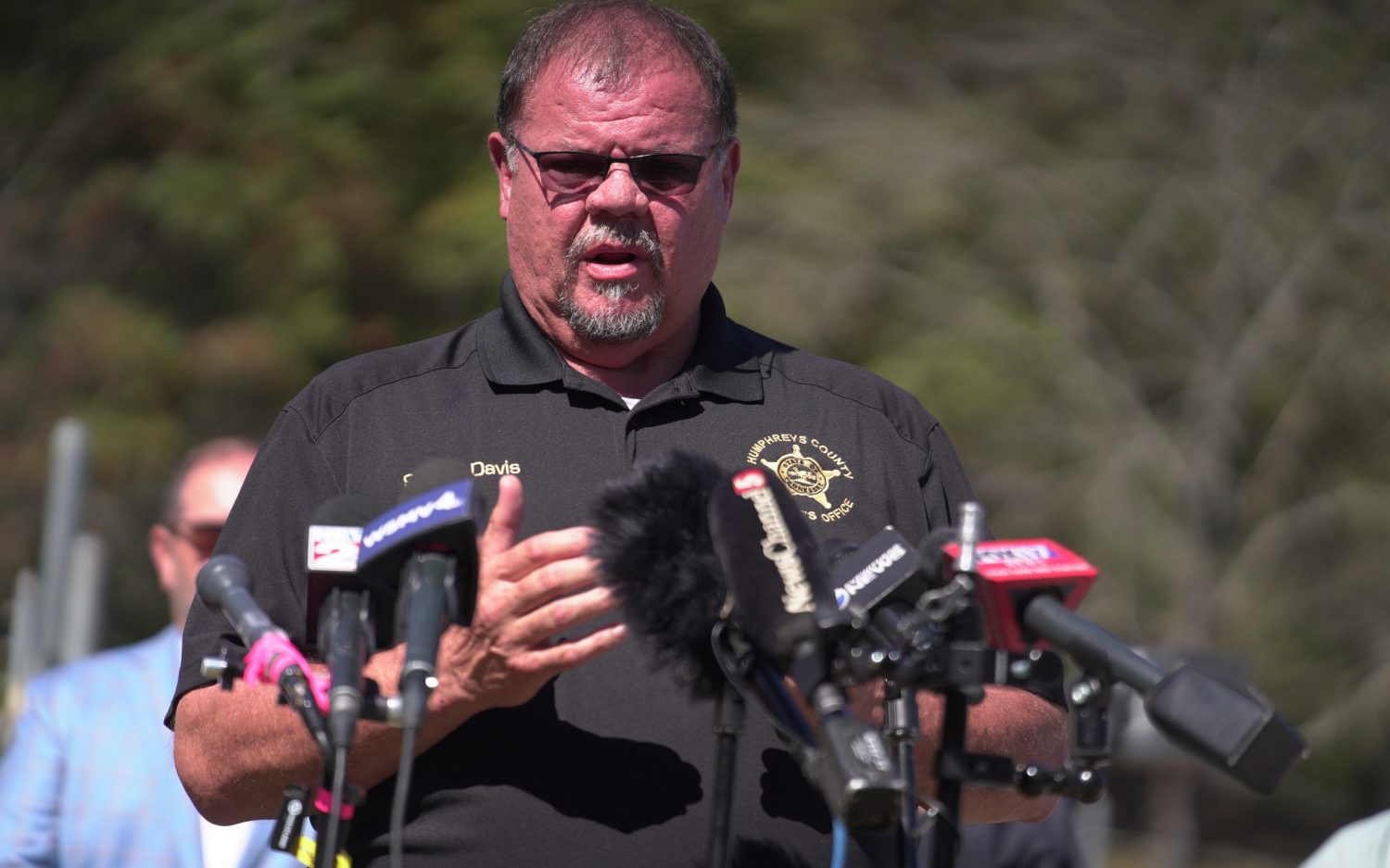State elections solidify GOP control
Already dominant in state-level politics, Republicans ‘bested expectations’
In the lightning strike of Donald Trump’s presidential victory, the storms of local elections quietly rumbled in the background. State elections brought the passage of conservative ballot measures in red states and liberal measures in blue states. But Republican dominance crafted last night’s narrative.
Republicans now control all of the state legislatures in the South after winning the Kentucky House from Democrats for the first time since 1921, according to the National Conference of State Legislatures (NCSL).
Trump’s victory had some level of coattail effect at the state level, as analysts predicted. Republicans maintained their dominance of state legislatures, though some decisive races remain too close to call—like in the New York Senate. One of the few glimmers for Democrats: They took both chambers of the Nevada legislature from Republicans. But in several other states, Republicans ousted Democratic governors, giving the GOP executive control of 33 states, the most since 1922. North Carolina’s hotly contested governorship is still up in the air.
“In short, Republicans bested expectations,” wrote NCSL’s analyst Dan Diorio. “Having already reached the peak of control in party history, Republicans will maintain a similar level of control, in a year when many expected Democrats to net seats and chambers.”
Less noticeable state posts could have national impact. Missouri’s new attorney general is Josh Hawley, a former clerk to Chief Justice John Roberts and an evangelical. In his new role, Hawley will be defending the state in a major religious liberty case before the Supreme Court, Trinity Lutheran v. Pauley. With an attorney general sympathetic to the church’s case, its future remains uncertain. The Supreme Court hasn’t scheduled arguments for the case yet, and The Cato Institute’s Ilya Shapiro thinks the dispute will be settled.
On ballot measures, seven states expanded the legality of marijuana. California, Nevada, and Massachusetts legalized marijuana for recreational use, while Florida, Arkansas, Montana, and North Dakota legalized it for medicinal use. Several states increased gun restrictions like background checks, while others reestablished the death penalty. Washington, Arizona, Colorado, and Maine voted to increase the minimum wage. Several states also instituted criminal justice reforms. And in one of the most significant voter decisions, Colorado legalized assisted suicide.
An actual newsletter worth subscribing to instead of just a collection of links. —Adam
Sign up to receive The Sift email newsletter each weekday morning for the latest headlines from WORLD’s breaking news team.





Please wait while we load the latest comments...
Comments
Please register, subscribe, or log in to comment on this article.